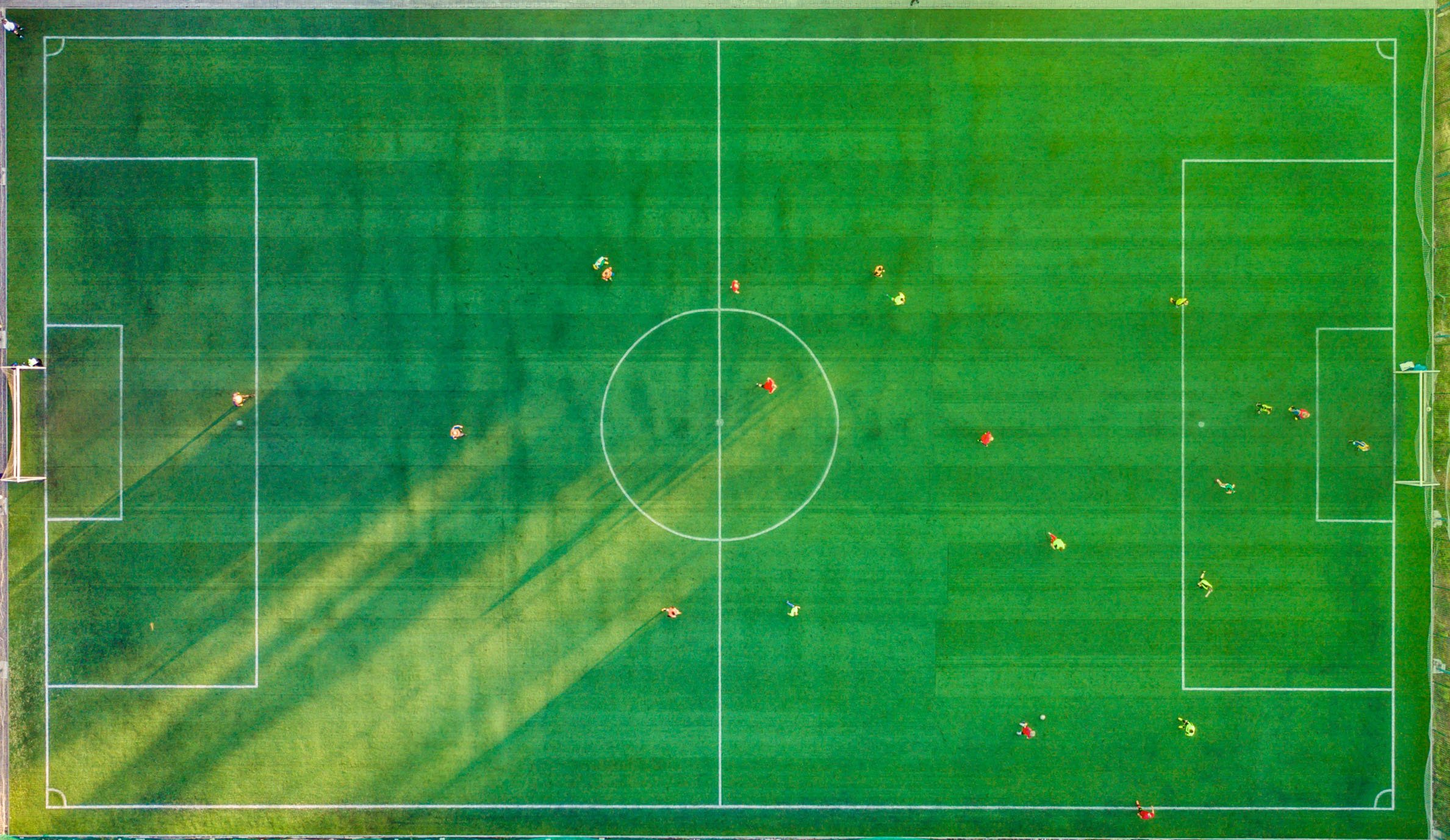On Sunday, July 7, 2019, viewership records were set with an estimated 14.3 million tuning in to watch the US Women’s National Soccer Team bring home the World Cup. The world was their stage, but the runway was long to get there.
There are many parallels in life and in sport, and this team broke barriers as they inspired women, men and children to do better. But what we didn’t see was the hours of practice, the hard work on days when they wanted to give up, and the years of focus that began with a dream… their individual dreams. And together, these athletes shared their dreams and became a team.
For educators, the parallels between the hard work these athletes put in and the dedication and hard work of students, no matter their circumstances, are evident.
Although personal circumstances for each learner are varied, many take a non-traditional path that leads them to careers in allied health. Each individual’s path looks different, often long and winding, requiring hours of studying, working long days in externships, and tremendous dedication and focus to continue pursuit of their dream, even when life gets complicated. Through certification, individuals often find opportunities to quit a dead-end job, enroll and complete a career-focused program, then ultimately care for others as an important member of a healthcare team.
These lessons from the pitch are important in life and learning. As the coach of your classroom, here are some messages you can share with your students throughout their program to help them earn certifications, find a great job in healthcare, and ultimately, achieve their dreams.
Find confidence
When students seem to be wavering, impart that confidence usually comes from a sound strategy. This also comes into play with certification. A study strategy should begin on a student’s first day of classroom training. As an instructor, you know the importance of creating a solid plan, and teaching students to implement a study strategy can help them prepare and become more confident when it comes to test day and beyond.
Practical tip: build students' confidence by encouraging them to use study materials and practice exams, which are a good way to simulate the exam and identify their weaknesses before the score counts.
Focus on the task at hand
New professionals need to remember that first and foremost, they must always do their specific jobs with comittment and excellence. Every job can change quickly (even by the minute in soccer), but you must finish the play before moving on. Following through builds trust as part of a team.
In addition to follow-through, learning to focus on the task at hand, rather than giving in to distractions, can help improve quality – in their education program and in practice. Remind students to pay close attention throughout their studies, creating a habit of noticing all the details. It will pay off when observing specifics makes a difference in a patient’s care.
Be agile
The shift from offense to defense happens fast and without clear lines. Remind students to not lose sight of what is right in front of them - it could be the game winning exchange. Coach students to create and share goals, learn to communicate with those around them and adapt when plans don’t happen as anticipated. By being able to shift quickly yet remain focused on goals, you can continue to see the path towards victory.
Commit to teamwork
Many people have been part of a team at some point in their lives. There’s nothing like the feeling of a high functioning group, and once you experience it, it's easy recall why it leads to success. Remind students of that feeling.
Learners chose their training team when they selected your program. Help them believe in the team as they train for their professional career. Show them when things aren’t going as planned, that they should trust their instincts and commit to being honest with themselves and the program. A trusting team asks each other for feedback and dedicates themselves to improve. Teamwork requires trustworthy communication to help guide all members of the team towards the ultimate goal.
Support your team
As a classroom coach, you will always cheer on your team. Set the example so students cheer on their teammates, especially when curriculum is strenuous and mistakes are aplenty. When students learn to be supporters in school, they will take that skill to the workplace. Being a supporter builds trust and moral in a team, and when that trust exists, a team will support you back when you need it.
Lastly, when you have a classroom filled with underdogs, facing many challenges in life and school, remind them that they have a fiercely loyal fan base. Even when they feel like there’s no winning, when it feels impossible to balance personal responsibilities with career aspirations, they’ve got supporters who will cheer them on: their families and friends, schoolmates and instructors, and all of us here at NHA.
When they question their decisions to pursue a career in allied health or have second thoughts around sitting for an exam, share activities that will build their confidence, keep them focused or the goal, and encourage them to rely on their team who believes in them.
In healthcare and in soccer, teams have a lot to celebrate.




